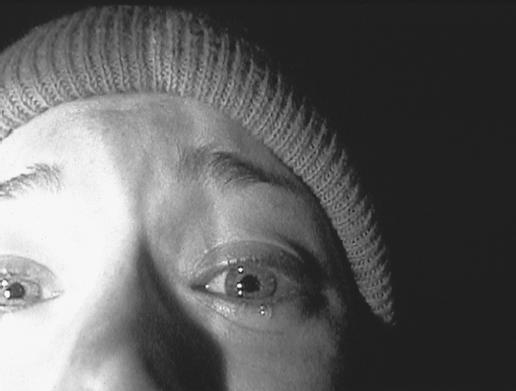Television is the basest form of entertainment. At its most crude, it satisfies our most instinctual urges - for sex and violence - in increasingly banal ways. The most perfectly distilled form of this sort of television is easily The Real World. Every subsequent season, the producers at MTV come up with more and more ways to convince people, in situations that are almost bizarrely mundane, to hate, love, fight, fuck and betray each other. Usually between the same two people.
But as awful and stupid as TV can be, it also is the most complex art form that currently exists.
For years the two absolute standards for American art, outside of the visual realm, have been literature and cinema (You could argue music as a third, but it is too often regarded as entertainment, especially pop music, for it to be relevant from a purely artistic standpoint in American pop culture). However, both of those two art forms have an easier time of making important artistic statements, simply because they have an easier format. Both movies and books, after all, only have to concern themselves with a single story arc.
This is the most important distinction between the three. It is also why, if television were taken to its artistic extreme, it could prove to be a far more intriguing art form than either movies or books. As I said, books and movies have to deal with only a single story arc. A television show, however, has to deal with multiple, simultaneous story arcs. A show has to deal with the story arc of a single episode, while also serving the greater story arc of the season, while additionally having to serve the story arc of the television show's entire running time.
The closest movies and books can come to this is by way of a series, such as the Harry Potter books or the Star Wars movies. Both of those examples require the creator to think, not only of arc of the story in one book or movie, but also across the entire series. When George Lucas tried to bring a third layer of the story arc in, in the form of the Star Wars prequels, he ruined his own legacy as a filmmaker, while nearly ruining the legacy of original Star Wars films themselves.
The only medium that even remotely compares is that of comic books, which also handle the tricky task of telling the story arc of an issue, of a volume, and of the series of the comic itself. But comics are notorious for being unable to handle these three arcs, and actually in 1985 major-comic producer DC Comics had to publish Crisis on Infinite Earths to try and manage all of the threads from different storylines the company had going on.
I'm not sure if any television show has been able to pull this off yet, either. Many great television shows either are absolutely wonderful in telling the story of their episode, and the season as a whole often becomes an afterthought or is completely ignored (South Park), or the season is ended with a small series of related episodes to try and create the illusion of some sort of second arch (Chuck), or the season taken as a whole is remarkable, but the story within each episode can seem boring or predictable (House).
But the potential is there. Even though Secret Girlfriend was critically lambasted, I freaking loved it. Not only for it's unabashedly lowbrow sense of humor (critics seemed to ignore that it was some of the smartest lowbrow humor on TV), but for how well it pulled off creating a story arc for each of its episodes and for its entire season. The show seemed to solve the problem rather simply. It made the crazy ideas of Sam and Phil the catalyst for each episode's story arc, while the story regarding Jessica and Mandy was what pushed the story of Secret Girlfriend's short season. Like Animal House framed a rather stupid story really well, augmented with unashamed sex, so did Secret Girlfriend.
Television has one huge obstacle in finding its artistic path, however. Unlike movies and books, TV doesn't have a way to monetize its artistic statements. While independent cinema and experimental literature have large followings and systems where these products are produced and distributed for less, television only has one delivery system: Television, and the price to put a show on television is too expensive for shows that experiment with the formula of television to survive.
Dr. Horrible's Sing-Along Blog, while not a wonderful example of multi-arched storytelling, does present a possibility of how to deliver this manner of storytelling. Financed almost completely by creator Joss Whedon, Dr. Horrible was created DURING THE WRITER'S STRIKE and was probably the most profitable piece of film since The Blair Witch Project.
Despite that, this manner of delivery is reliant on the creator of the show being able to create the show with their own money. At least for right now. With Hulu becoming more and more of a force on television, and DVD sales becoming more and more of a factor of how successful a show actually is, it is not outlandish to think that advertisers and sponsors could be willing to give a promising Internet television show a try. And I'm willing to believe that such an endeavor could be successful. Again, take the example of Secret Girlfriend. The program was actually a very popular web series before it came to Comedy Central.
If there is any hope of television living up to the promise of the possibilities presented by its triple-story arc system, it depends on there being a system of delivery for the experiments necessary for this system to flourish. In the wake of something like Dr. Horrible, it seems likely that the Internet will be that system.
I mean, if John McCain doesn't force through anti-Net Neutrality legislation.










No comments:
Post a Comment